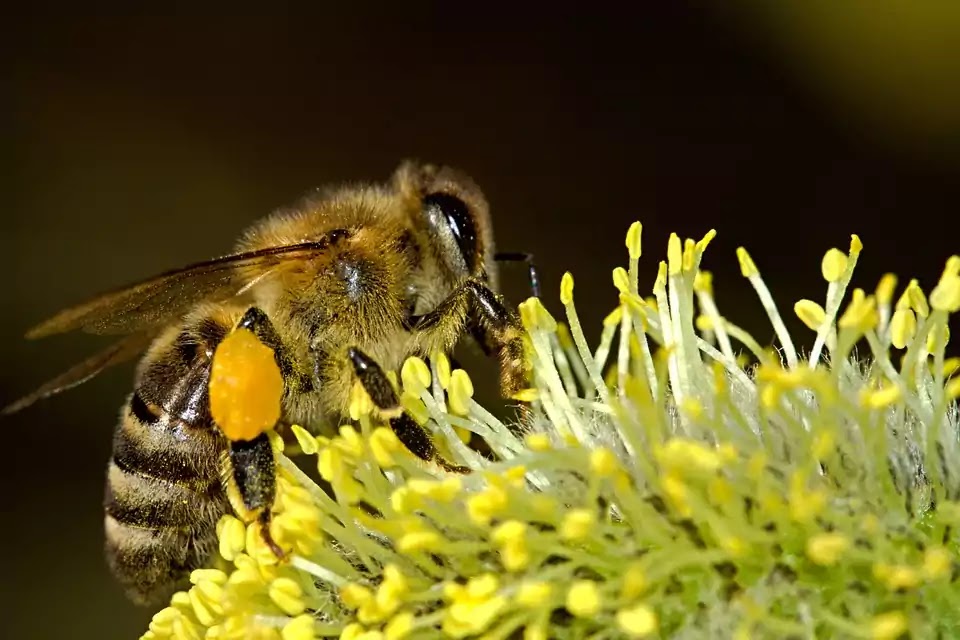
Contrary to popular belief, dandelions aren't just pesky garden weeds. Apart from health benefits they can have for humans, such as reducing cholesterol, as well as cancer risk, they are also valuable for bees.
Apparently, dandelions provide a priceless food source for early pollinators coming out of hibernation, such as solitary bees, honey bees, as well as hoverflies.
Each dandelion head contains up to one hundred individual flowers, known as florets, that contain pollen and nectar. There are about 240 species of dandelion in the United Kingdom.
At the beginning of her tenure as the new president of the oldest ecological society in the world, Jane Memmott reminded everyone that working to live in harmony with nature can be as simple as keeping your lawn pollinator-friendly.
Memmott took over as president of the BES at the start of 2020 and is also a professor of ecology at Bristol University.
She admitted she mows around the dandelions and buttercups when she cuts her grass because, as she put it, even if we can't help animals personally, we can still do something about insects, birds, and plants.
Whether you have a balcony garden, a front or back yard, and lawn, a community allotment, or just a potted plant, your choice of plants can have an impact on your local ecology.
Leaving the grass to grow about 8-10cm (3-4in) tall means clovers, daisies, self-heal, and creeping buttercup can also flower. Memmott also encouraged gardeners to halve the amount of mowing that they do.
The global mass of insects is currently falling by 2.5 percent per year. This means that many could be extinct within one century, according to a worldwide scientific review in 2019.











COMMENTS